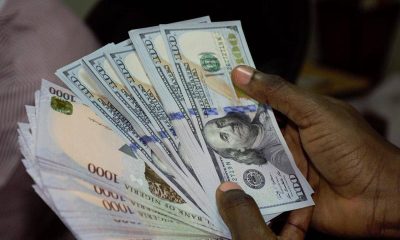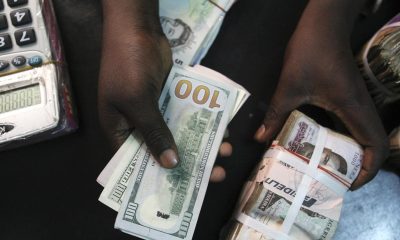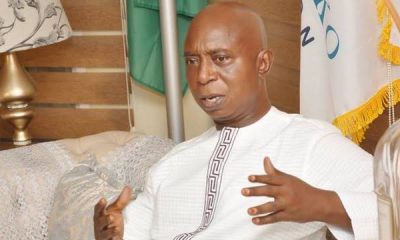Dollar to Naira Exchange Rates
Naira To Dollar Black Market Rate Today 6th July 2023

What is the Dollar to Naira Exchange rate at the black market also known as the parallel market (Aboki fx)? See the black market Dollar to Naira exchange rate for 5th July below. You can swap your dollar for Naira at these rates.
How much is a dollar to naira today in the black market?
Dollar to naira exchange rate today black market (Aboki dollar rate):
The exchange rate for a dollar to naira at Lagos Parallel Market (Black Market) players buy a dollar for N775 and sell at N785 on Wednesday, 5th July, 2023, according to sources at Bureau De Change (BDC).
Please note that the Central Bank of Nigeria (CBN) does not recognize the parallel market (black market), as it has directed individuals who want to engage in Forex to approach their respective banks.
Dollar to Naira Black Market Rate Today
| Dollar to Naira (USD to NGN) | Black Market Exchange Rate Today |
| Buying Rate | N775 |
| Selling Rate | N785 |
Please note that the rates you buy or sell forex may be different from what is captured in this article because prices vary.
Nigeria Ranks Third In Sub-Saharan Africa For Investment Management
Nigeria has risen to become the third largest investment management hub in sub-Saharan Africa, following South Africa and Morocco, with approximately N3.5tn ($7.8bn) of assets under management at the close of 2022.
A study by Agusto & Co indicates that this marks a 25% increase from the previous year.
The surge was fueled by a boost in investor trust due to the gradual increase in returns on naira-based investments in the latter part of the year, and growth in dollar-based portfolios as savvy Nigerians hedge against the ongoing devaluation of the naira.
Despite this progress and substantial foreign exchange remittance inflows from Nigerians abroad ($20.9bn or N9.3tn in 2022), the study observes that the asset management sector in the country continues to underperform.
Factors including a large informal sector, a high poverty rate, and limited investment options offered by the Nigerian capital market have stymied the industry’s growth.








